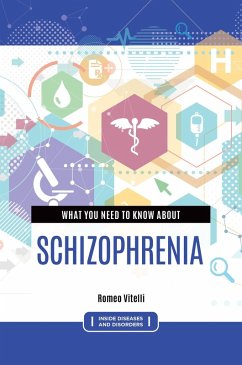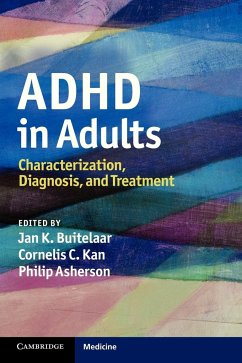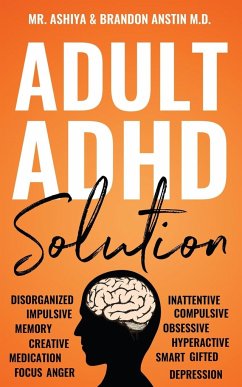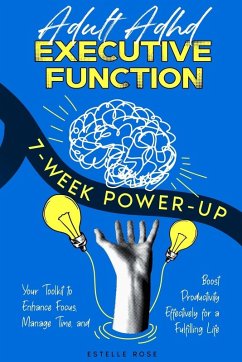
ADHD Medications
History, Science, and Issues
Versandkostenfrei!
Versandfertig in 1-2 Wochen
68,99 €
inkl. MwSt.

PAYBACK Punkte
34 °P sammeln!
The treatment of attention deficit/hyperactivity disorder (ADHD) is a complex challenge. This book provides comprehensive, scientific coverage of the numerous different types of drugs that are used to treat ADHD, and it examines the historical, sociological, and policy-related factors involved in the use of ADHD medications. A national study indicated that 11 percent of U.S. children and teens were diagnosed with attention deficit/hyperactivity disorder (ADHD) in 2011-a figure 43 percent higher than in 2003. The incidence of ADHD diagnoses among females has also increased significantly. For th...
The treatment of attention deficit/hyperactivity disorder (ADHD) is a complex challenge. This book provides comprehensive, scientific coverage of the numerous different types of drugs that are used to treat ADHD, and it examines the historical, sociological, and policy-related factors involved in the use of ADHD medications. A national study indicated that 11 percent of U.S. children and teens were diagnosed with attention deficit/hyperactivity disorder (ADHD) in 2011-a figure 43 percent higher than in 2003. The incidence of ADHD diagnoses among females has also increased significantly. For the millions of Americans of all ages who are diagnosed with ADHD, the proper treatment of this disorder is critically important. ADHD Medications: History, Science, and Issues provides readers with the complete story of ADHD drugs. The book discusses the pharmacological basis of the effects of these powerful drugs; examines the myriad social dimensions of the use, misuse, and abuse of these substances; and identifies the range of issues that affect the recognition, diagnosis, and treatment of ADHD. After an introductory case study of an individual with ADHD and this individual's problems and successes with ADHD medicines, this new book in the Story of a Drug series provides an overview of ADHD and its various symptoms, as well as the causes, prevalence, and diagnosis of ADHD. Various treatment approaches-including information about the many medications used-are discussed in detail, as well as other substances and alternative ways used to treat individuals with ADHD. Readers will also gain an understanding of neurotransmission and the specific mechanism of action of ADHD medications; the effects and applications of these drugs, plus their associated risks, misuse, and abuse; as well as related policy issues, with special focus on the controversial issues regarding ADHD drug scheduling (categorization).












